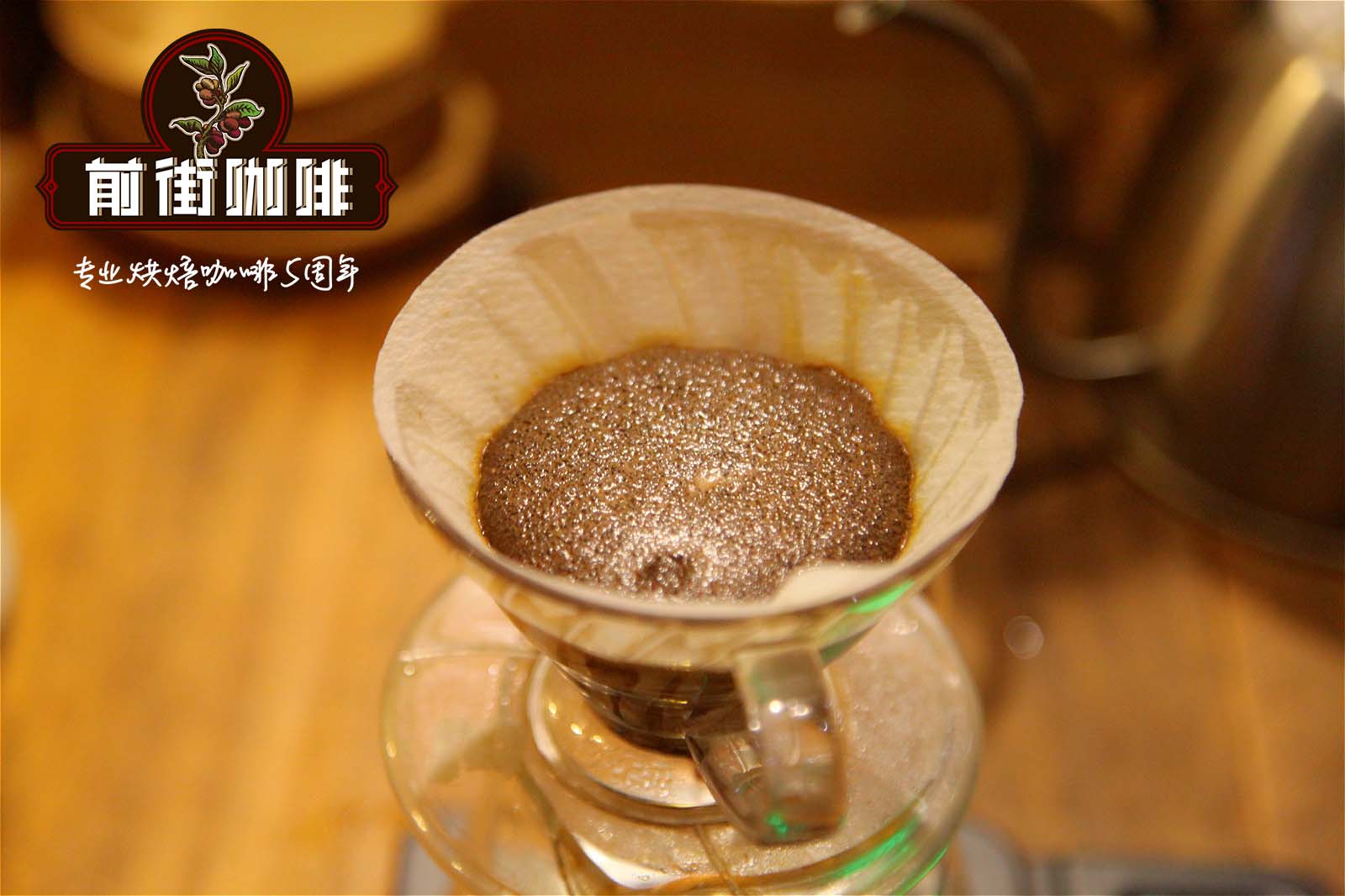Ethiopian coffee beans introduce Ethiopian coffee culture Ethiopian coffee

Professional coffee knowledge exchange more coffee bean information please follow the coffee workshop (Wechat official account cafe_style)
Ethiopia is one of the largest coffee producers in the world. However, its exports are less than half of its growth. In other words, it consumes more than half of its own production. For nearly 100 million people, that's about 500 million pounds of coffee, a particularly impressive number because nearly half of the population is under the age of 14. (by contrast, Kenya consumes only 3% of its production, while Colombia produces more than 86% of its coffee. )
In Ethiopia, coffee is not only a national drink, but also its staple food. Buna dabo naw is a popular expression: "Coffee is our bread."
Coffee is intertwined in the country's unique fabrics and is an unparalleled part of Ethiopian life. "this is an important part of culture," the social anthropologist Alula Pankhurst wrote. "it is a symbol of sociality, a metaphor for social relations, and a carrier of spiritual blessings." It's everywhere, it seems to be everywhere.
There is no place more real than Kafa in the southwest, where Arabica grows in mountain clouds and forests.
Coffee has long been at the heart of Kafa culture, and it remains of unparalleled importance on many levels today. "consider coffee as their identity," said Mesfin Tekle, a leading local expert at Kafa and its coffee forest.
Some Ethiopians may add a little sugar (or honey) or salt, or even a piece of butter, but there is a version of the drink brewed in a spherical terracotta coffee pot called hibiscus on charcoal, poured into the same small coffee cup without a handle and served to everyone.
Drinking Buner is still a community rather than a separate activity. The common phrase for parties and conversations is buna tetu, which literally means "drink coffee".
However, coffee is a cash crop. According to Mesfin, 85 per cent of Kafa people depend directly or indirectly on Coffee for their livelihood, including coffee living in the lowlands of the Kafa swamp. In the highlands where Arabica grows naturally, it is close to 100%.
Coffee is very important to Ethiopians, who spend hours drinking coffee every day. The coffee ceremony in Ethiopia is the most important social relationship.
Each ceremony lasts 2-3 hours, and it is common for families to enjoy these rituals 2-3 times a day.
This is an activity of the whole family, and even children are involved in providing coffee to the elderly.
Guests are often invited, and conversations can range from politics to the local community.
Coffee is roasted freshly in a pan, hand-ground using tools such as a mortar and pestle, and slowly brewed in traditional pottery by boiling over an open fire.
Pour out the coffee slowly to prevent it from pouring on the floor.
Many people drink coffee with a spoonful of sugar, but never bring milk. Add more water to the pan and boil it twice, weakening each time.
Ethiopian coffee system
Ethiopia is the fifth largest coffee producer in the world and the highest producer in Africa.
Ethiopians consume about half of the country's coffee and export only 3.5 million of the 6.5 million bags produced. Coffee is very important to these people.
Most of the coffee produced is small farmers. Farmers can sell coffee through the Ethiopian Commodity Exchange established by the government in 2008.
ECX enables small farmers to sell coffee through standardized procedures.
Qianjie recommended cooking parameters:
V60ap90 ℃ / 1 15 / time two minutes
Qianjie coffee: Guangzhou bakery, the store is small but a variety of beans, you can find a variety of unknown beans, but also provide online store services. Https://shop104210103.taobao.com
Important Notice :
前街咖啡 FrontStreet Coffee has moved to new addredd:
FrontStreet Coffee Address: 315,Donghua East Road,GuangZhou
Tel:020 38364473
- Prev

What do you have in Ethiopian coffee beans? What are the varieties of coffee beans in Ethiopia?
Professional coffee knowledge exchange more coffee bean information please follow the coffee workshop (Wechat official account cafe_style) Ethiopia: the birthplace of coffee Ethiopia (formerly known as Abyssinia) is the birthplace of coffee. In the history of ancient Ethiopia, it is claimed that the Ethiopian goat herdsman Kardi first discovered coffee, and it had it around 850 AD.
- Next

Flavor and taste characteristics of Ethiopian coffee beans is coffee beans expensive in Yega Xuefei producing area? is it good?
Professional coffee knowledge exchange more coffee bean information please follow the coffee workshop (Wechat official account cafe_style) Ethiopia is considered to be the birthplace of coffee plants and coffee culture. Coffee is thought to have been found in Ethiopia as early as the ninth century. Today, there are more than 1200 in Ethiopia
Related
- Detailed explanation of Jadeite planting Land in Panamanian Jadeite Manor introduction to the grading system of Jadeite competitive bidding, Red bid, Green bid and Rose Summer
- Story of Coffee planting in Brenka region of Costa Rica Stonehenge Manor anaerobic heavy honey treatment of flavor mouth
- What's on the barrel of Blue Mountain Coffee beans?
- Can American coffee also pull flowers? How to use hot American style to pull out a good-looking pattern?
- Can you make a cold extract with coffee beans? What is the right proportion for cold-extracted coffee formula?
- Indonesian PWN Gold Mandrine Coffee Origin Features Flavor How to Chong? Mandolin coffee is American.
- A brief introduction to the flavor characteristics of Brazilian yellow bourbon coffee beans
- What is the effect of different water quality on the flavor of cold-extracted coffee? What kind of water is best for brewing coffee?
- Why do you think of Rose Summer whenever you mention Panamanian coffee?
- Introduction to the characteristics of authentic blue mountain coffee bean producing areas? What is the CIB Coffee Authority in Jamaica?

